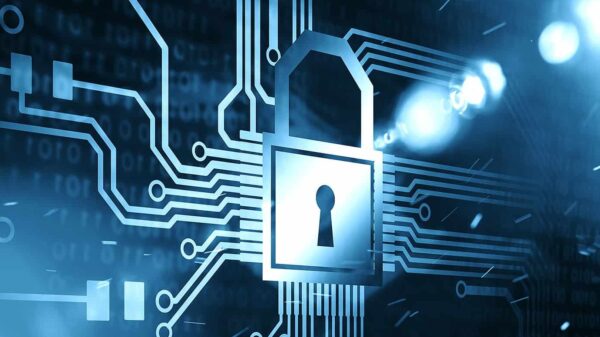This is the first of a four-part series on passwords.
 A lot of the responsibility of ensuring our safety on a computer network such as the Internet, lies on our shoulders. You cannot shy away from it – almost everything we do on the Internet requires us to choose a password in order to prevent unauthorised access to our online accounts, computer files and other personal information. Unfortunately while most of us are thinking about the best password to safeguard our data, some malicious person out there is thinking about how to unlock or hack into the password. This highlights the severity of the issue and emphasises the importance of security when it comes to password management.
A lot of the responsibility of ensuring our safety on a computer network such as the Internet, lies on our shoulders. You cannot shy away from it – almost everything we do on the Internet requires us to choose a password in order to prevent unauthorised access to our online accounts, computer files and other personal information. Unfortunately while most of us are thinking about the best password to safeguard our data, some malicious person out there is thinking about how to unlock or hack into the password. This highlights the severity of the issue and emphasises the importance of security when it comes to password management.
There is a basic problem that people tend to face when it comes to choosing the right password, which is how to choose a secure password that is easy to remember. This problem was not so common a few years ago because Internet users were not used to having so many online accounts. Today, however, an average Internet user could have between 7 and 10 different accounts on the Internet, that require separate secure passwords. So then, how do you deal with such a situation? There are six common mistakes to avoid:
- Repitition: if you have more than one online account, you will be highly tempted to use a single password to access all of them. Avoid any situation that makes you want to use the same password twice by making sure that a different secure password is created for each account.
- Predictable Words: you will be surprised at the number of people who know this principle but do not adhere to it. Words that fall under the following category should be avoided by all means – your name, surname, pet name, city of birth, country, village, school, birthday, favourite colour or any other information that can be accessed by strangers.
- Persistence: some Internet users think that using the same password for many a long time is a sign of constancy and stability however, that is not the case. The longer you keep the same password, the more the chances that it will eventually be hacked into.
- Dictionary Words: hackers can easily decipher passwords that are picked out of dictionaries, in any language, with sophisticated password un-lockers and programs that are often used by cyber criminals.
- Spelling Words Backwards: just like using dictionary words, it is also easy to decipher passwords that have been spelt backwards. The same goes for using repeated characters and numbers such as ABCDE and 12345 or using ordered keyboard characters such as QWERTY.
- Remembering Passwords: passwords should never be stored on the computer. Whatever the excuse, always click NO to every attempt made by your Web browser to remember or store passwords. This is in order to avoid such private information being accessible by hackers and strangers in case your computer ever gets lost or stolen.
The next parts of this password series will discuss, special tips on creating, testing and protecting passwords.
Talking Point
Do you have any other tips to add to the ones described above? Feel free to leave a comment.
Thanks for reading this article. If you're new here, why don't you subscribe for regular updates via RSS feed or via email. You can also subscribe by following @techsling on Twitter or becoming our fan on Facebook. Thanks for visiting!

4 Comments
Leave a Reply
Cancel reply
Leave a Reply
This site uses Akismet to reduce spam. Learn how your comment data is processed.
























































































































































































Pingback: Tweets that mention 6 Common Mistakes to Avoid When Choosing a Password (Part 1)
Web Hosting UK
March 25, 2010 at 6:57 pm
Nice tips really am guilty of this using one password for online account, am usually tempted to use a single password to access all of them because of remembrance purpose.
Thanks for the tips
Grook
July 11, 2010 at 10:18 am
very important tips for any one. thanks
issty
December 19, 2011 at 3:29 pm
A secure password …
… Is long enough (10 characters minimum would be)
… Has minimal repetition
… Has nothing recognizable
… Is a combination of letters, numbers and symbols
If you keep these rules in the rule, then the chances that your password retrieves all fallen dramatically. It will bother you a lot.